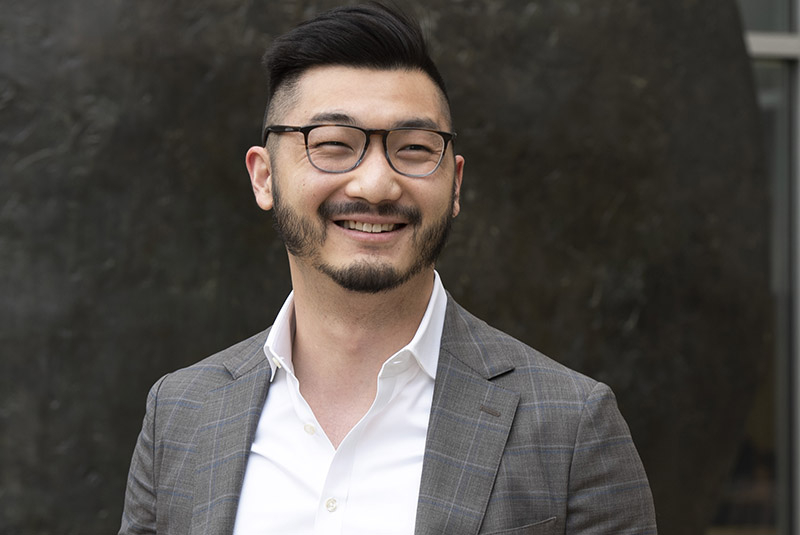Building Professional Expertise on US Policy Toward China

Howard Wang
Doctor of International Affairs (DIA) '21
Q: What encouraged you to apply to Johns Hopkins SAIS?
A: SAIS has a well-established record as the gold standard for national security scholar-practitioners, and I knew there would be no better place to complete a career transition from domestic politics and policy to instead focus on international security. More than that, the Doctor of International Affairs (DIA) program considered my years of prior experience an asset (indeed, a requirement), which is an uncommon exception for doctoral programs. The institution’s and the degree’s clear focus on increasing academic rigor in the practitioner’s toolkit made this program stand out.
Q: What has been one of your top experiences in the DIA program?
A: Undoubtedly the mentorship. SAIS faculty have fully supported my efforts to produce research that is academically compelling and translates into clear policy implications. To that end, I enjoyed extensive guidance from the experienced academic researchers and former government officials that comprise SAIS faculty while researching for my doctoral thesis. Every professor I meet is happy to go beyond the syllabus and share lessons learned from their own experiences with research and policy.
Q: How has the DIA helped you build expertise and expand your network?
A: Through the DIA program, I experienced the significant challenges of making a meaningful academic contribution, much less one shaped to inform timely policy decisions. The process demanded I refine and refine again the concepts I put forward and, further, that I find ways to effectively bound uncertainty where current analytical methods are not predictive but policy could not stand still.
Q: Could you please tell us about the topic of your doctoral thesis
A: My thesis conducts a net assessment of Chinese Communist Party (CCP) “maritime transformation,” or its transition from deeply continental roots into setting and implementing grand strategy through a maritime lens. Grand strategic shifts are difficult in even the best circumstances, and my doctoral research examines how Chinese national security bureaucratic actors implement, capture, or altogether ignore Party leaders’ imperatives, as well as how that bureaucratic struggle translates into strengths and weaknesses of CCP sea power.
Q: What do you hope to do with your degree after you graduate?
A: I plan to continue my career in government service contributing to US policy on China.
Q: Do you have words of advice for incoming DIA students?
A: To prospective and future DIAs: have a plan going in, and prepare for it to change in ways you won’t expect. Your research will be better for it.
Back to Student Stories